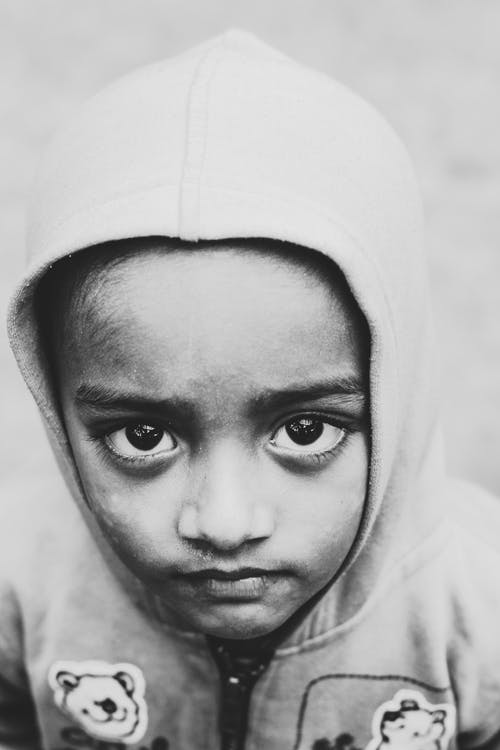Each Day in America
2 mothers die from complications of childbirth.
5 children are killed by abuse or neglect.
8 children or teens die by suicide.
9 children or teens are killed with a gun.
20 children or teens die from accidents.
46 children or teens are injured with a gun.
59 babies die before their first birthday.
121 children are arrested for violent crimes.
223 children are arrested for drug crimes.
514 public school students are corporally punished.*
678 babies are born without health insurance.
827 babies are born into extreme poverty.
860 babies are born with low birthweight.
1,541 babies are born into poverty.
1,785 children are confirmed as abused or neglected.
1,909 children are arrested.
2,906 high school students drop out.*
14,206 public school students are suspended.*
*Based on 180 school days a year
(Source: The State of America’s Children 2021, Children’s defense Fund)

Yet fathers and mothers sometimes fail to care for and protect their children. What do children need?
Maslow’s Hierarchy of Needs is a popular theory which focuses on a series of needs to be successful. Maslow placed these needs in an order for one to be realized for the next to happen. Beginning with the foundational aspects of the basic needs – physiological, safety, love, esteem and eventually reaching the top of the pyramid to self-actualization, which refers to a person reaching their fullest potential as a human being.
What’s important to take away from looking at Maslow’s theory is that the positive human condition rests on being healthy in body and mind. You must attend to the basic needs of a child before you can expect them to reach their full potential.
A 70-Year Study of 70,000 children says this is the secret to raising successful kids (author Helen Pearson). Parenting matters and there are actions that make a difference. Pearson goes on to list an array of parental behaviors that the studies have associated with improved outcomes for even at-risk kids.
- Talking to and listening to your kids
- Making it clear you have ambitions for their future
- Being emotionally warm
- Teaching them letters and numbers
- Taking them on excursions
- Reading to them daily (and encouraging them to read for pleasure)
- Maintaining a regular bedtime
Out of 18.4 million children, 1 in 4 live without a biological, step, or adoptive father in the home
(U.S. Census Bureau 2021, National Fatherhood Initiative® 2019. Father Facts: Eighth Edition).